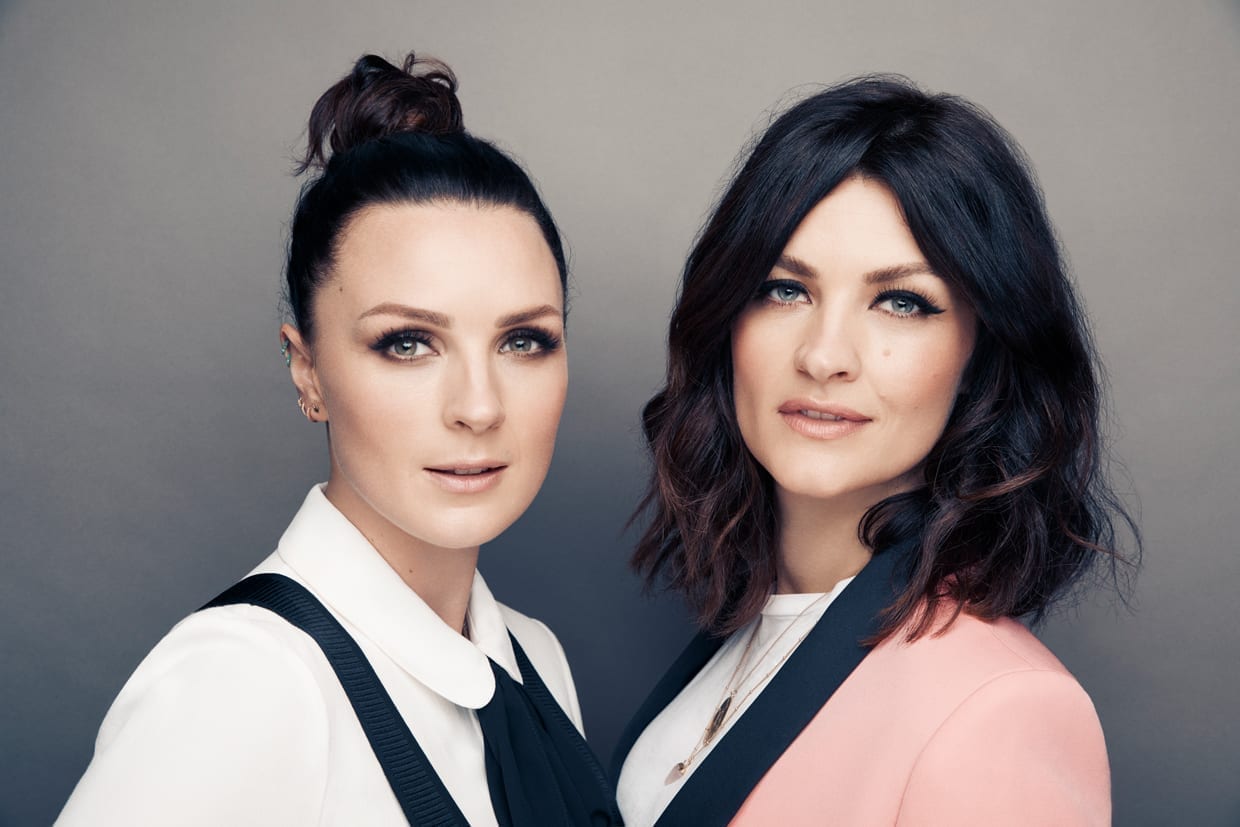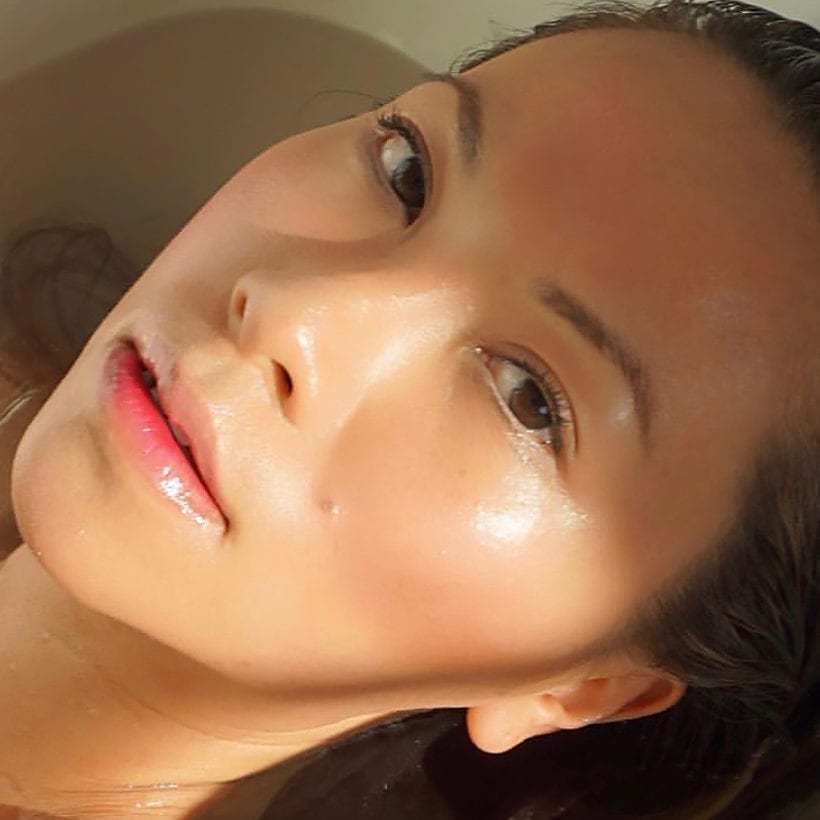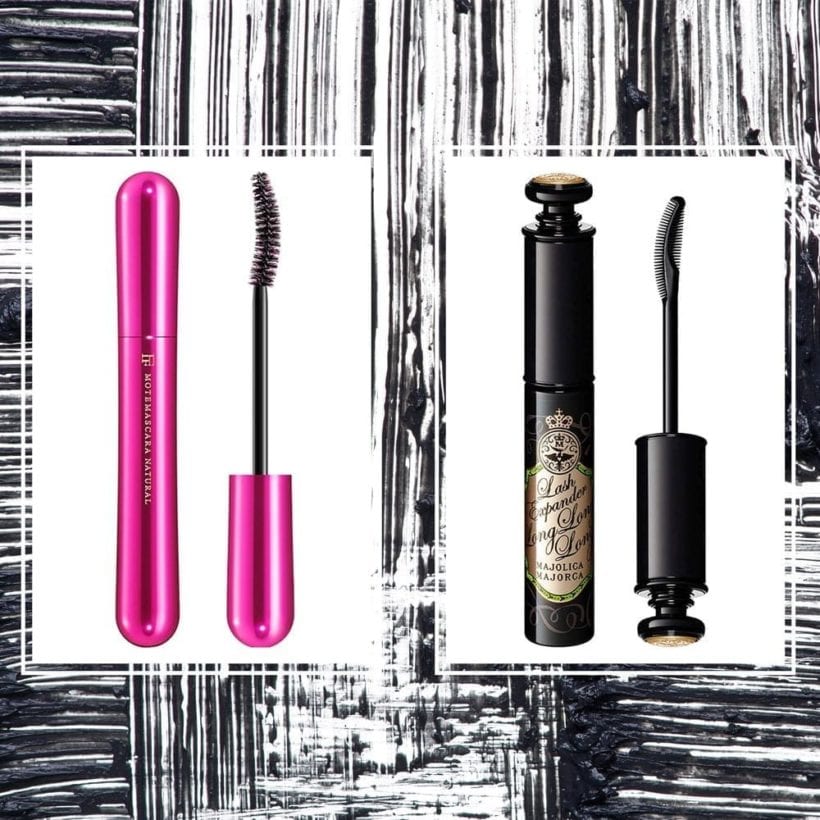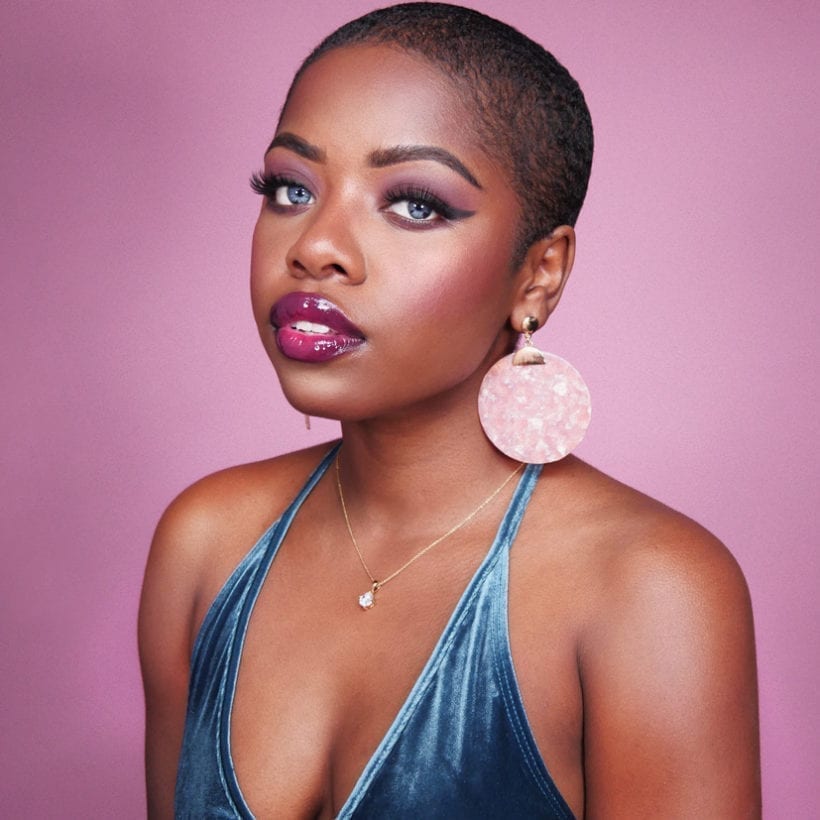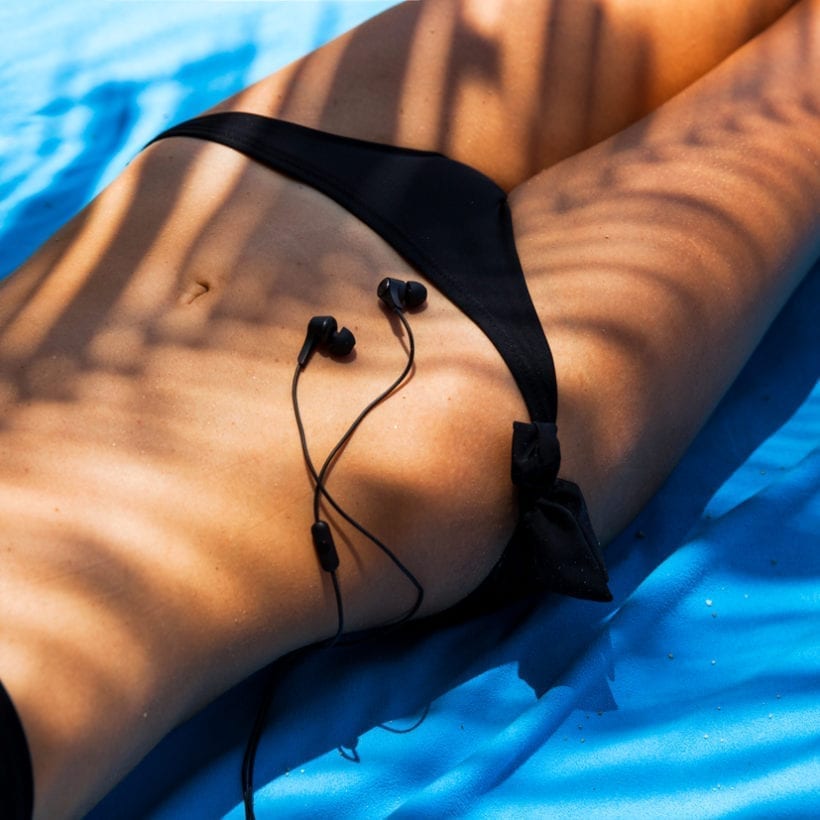Samantha Chapman and Nicola Haste — also known as Pixiwoo — are the British powerhouses behind Real Techniques, a makeup brush brand. Just this past January, The Times magazine crowned the Chapman Family as the most influential family in Britain.
You know Real Techniques; everyone knows Real Techniques. If a light has not gone off in your mind yet, we advise you to hit your local drugstore, stat! With their color-coded handles and affordable pricing, there is no question why the brand is loved by beauty aficionados everywhere. They first launched the brand in 2011 and according to Haste, “There was no other makeup brush brand, especially not one built around social media. There were only prestige brands that were in store. You couldn’t really get brushes off the shelf.”
On top of their business acumen, the sisters are extraordinarily nice. (If they wanted to adopt me, I would jump ship from my biological family real quick.) Keep reading for more on the brand, their iconic beauty sponge and makeup pro tips.
https://www.instagram.com/p/By-db8GAkVW/
Q: How did you both get into the world of makeup?
Nicola Haste: We got into makeup because our auntie was a very successful makeup artist. When we were growing up, her life looked really glamorous and she was doing all these amazing shoots. When we left school and decided that [makeup artistry] was what we wanted to do, our mum encouraged us. We both went to college and studied for a two-year diploma in media makeup and then worked in stores — doing the normal freelance and whatnot. Then [we] started on YouTube before anyone else was on YouTube.
Q: Is beauty school necessary or are there enough tools on the internet to learn professional makeup artistry by yourself?
NH: I don’t think you can learn [how] to be a makeup artist from the internet. Taking a proper course in college where you’re applying makeup on different faces all the time —there’s nothing like that. Obviously, you can work in a store and you can do back-to-back makeup, but I do think it is nice to understand the fundamentals and be around people [constantly]. A lot of what you do when working in the beauty industry is forward-facing. You’re chatting with other people and that is a skill you have to have. You could be the most amazing makeup artist but if you can’t talk to someone one-on-one then you will struggle because [clients] don’t feel comfortable around you. There’s a lot more to it than just makeup. All the bits have to click together.
Samantha Chapman: I think it’s definitely important to go to beauty school. Obviously, in the U.S. it is much more regulated than it is in the UK. [In the UK] you don’t need to be licensed, which means that you don’t need to study. But I don’t think that you can learn [online] — if you think about it, every video that Nic and I film takes us about an hour to film, but we edit it down to sometimes five minutes. So, you miss out on a lot of stuff! The stuff that we have to edit out is quite often the important stuff like blending — the real making it work, rather than just the application.
https://www.instagram.com/p/BxN7S8EF53l/
Q: Do you have a pro tip?
SC: I am a firm believer that it’s all about layering very thin layers of makeup rather than thick heavy ones. You can put like four or five very fine layers of makeup on using makeup brushes rather than one heavy one. The finer you keep it and the more layers you put on the longer your makeup will last.
Q: What sets your brushes apart? What are they made of?
SC: They are made of Taklon synthetic so they are completely cruelty-free… and are color-coded, which a lot of people do not know. The purple ones are for your eyes, rose gold is for your base and the pink ones are for powder and finish. Because they’re synthetic, they multitask so you can use them for anything you want. I use a lot of the eye brushes for foundation and concealing — nothing is really set in stone. The coding is really for people that are beginners.
Q: What is a common mistake people often use when it comes to makeup brushes?
NH: They don’t clean them and then they wonder why they’re not giving the same payoff they did when they first bought them.
https://www.instagram.com/p/BzN-qwDj3YB/
Q: How do you clean your makeup brushes?
SH: There’s deep-cleaning, which you do maybe once every two weeks in which you clean your brushes with antibacterial soap and leave them out to dry overnight. I love to spot-clean my brushes, which means I’m not a regular deep cleaner of my personal brushes. When spot cleaning, you use an instant brush cleaner. Real Techniques has a little spray brush cleaner that you spritz onto a cloth, and use circular motions to clean just the surface of the brush.
NH: I do exactly the same. I don’t really deep clean my personal brushes, but I will for the makeup brushes I use on other people. You know when to clean your brushes. You clean your brush when you’re changing the color of something whether it be eyeshadow or when your brush is not performing in the way it should. We would be happy if people cleaned their brushes once a month.
Q: Can you tell us more about your beauty sponge?
SC: It’s crazy, people are fanatical about that sponge. The angle that’s cut into the sponge makes it brilliant for applying your foundation and for pushing your base onto your skin when you need extra coverage on [certain] areas. In fact, I think that angle cut makes all the difference. We started off selling it as a single item, then it became a double pack, then we started doing fours, and now you can sometimes find them in a 12-pack. I think part of the reason people are so obsessed with [the sponge] is that it’s obviously very affordable — we want it to be affordable, considering it’s a product we’re essentially going to throw away.
We only recommend products we have independently researched, tested and loved. If you purchase a product found through our links, Sunday Edit may earn an affiliate commission.
